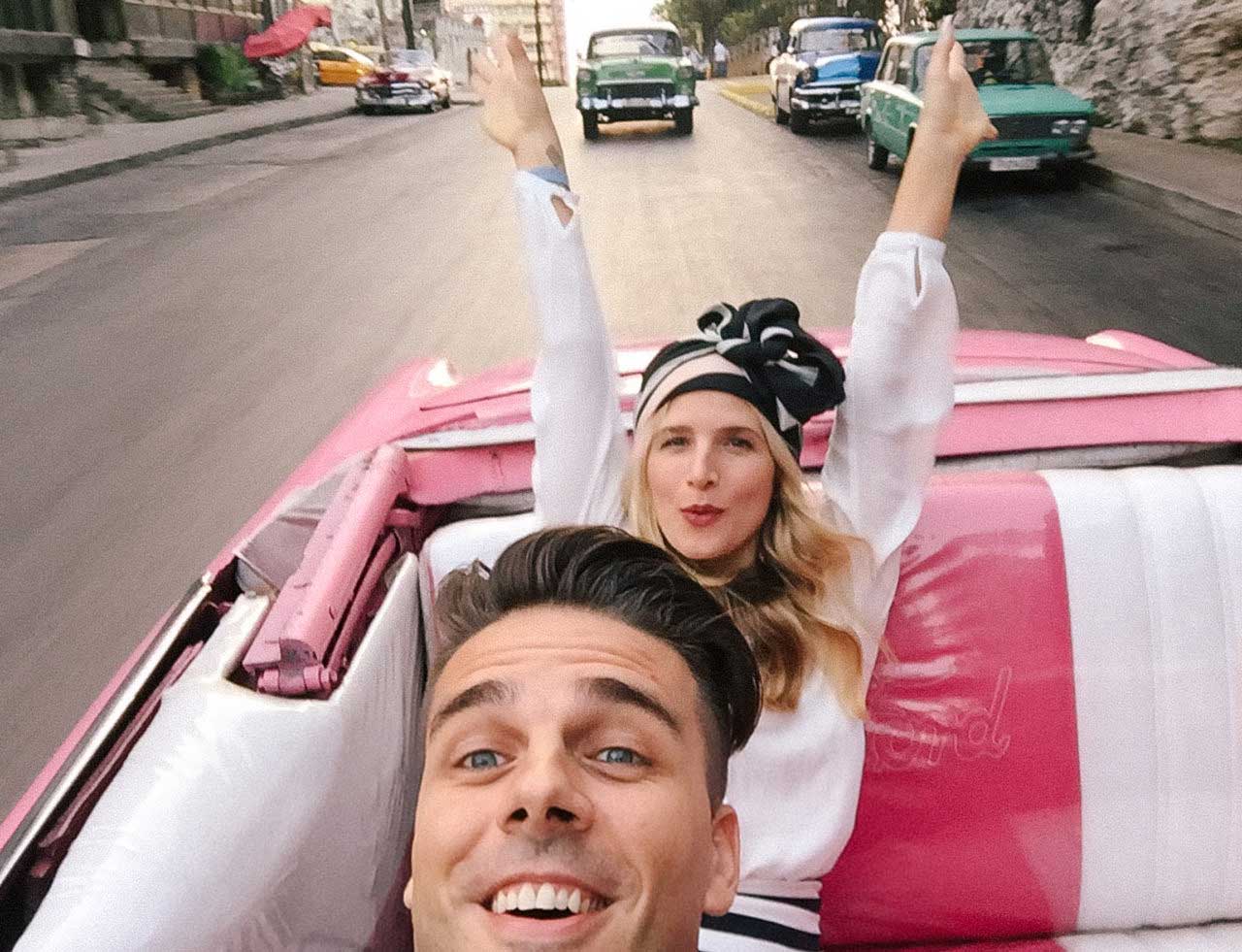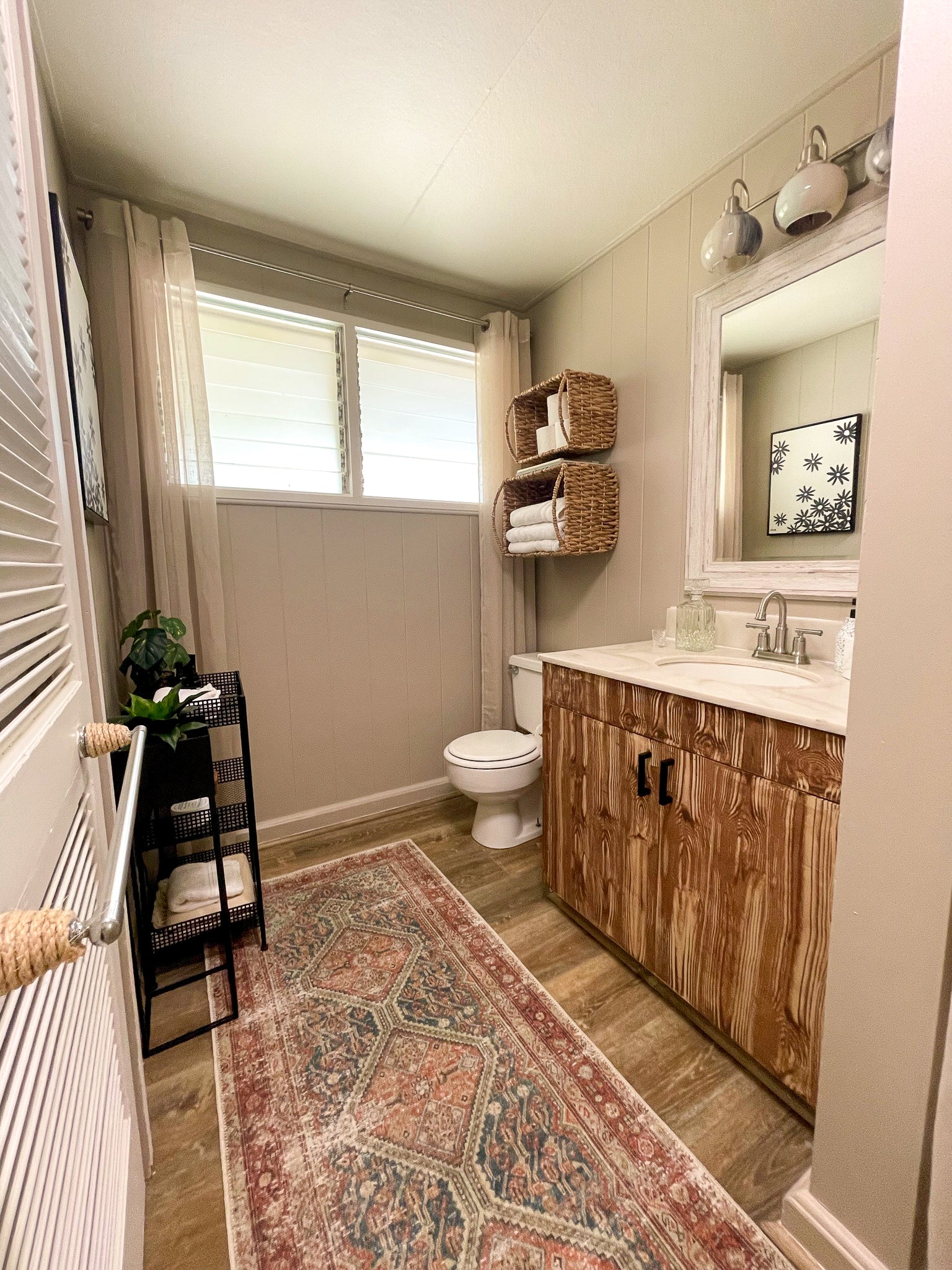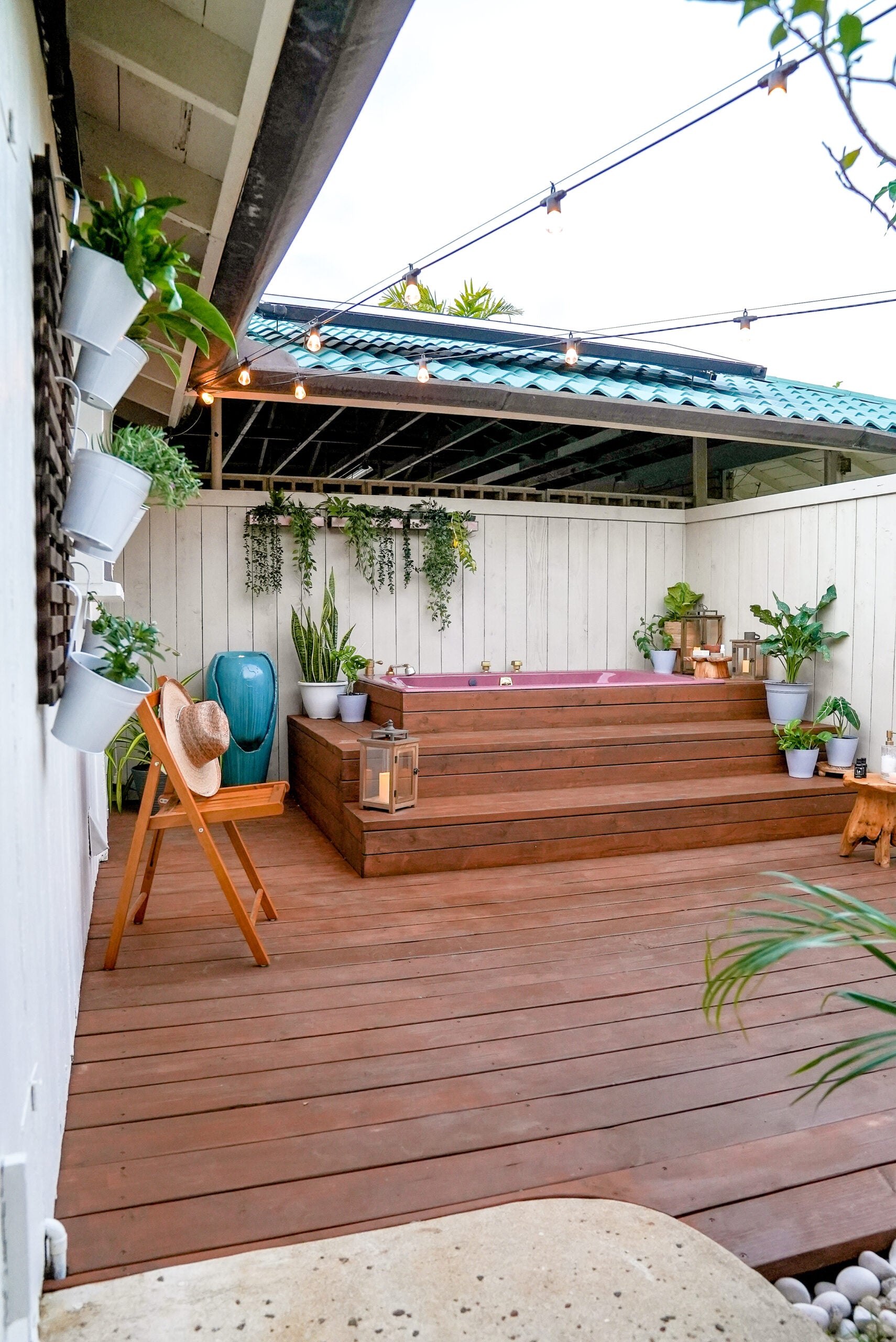As you may know, the opportunity for Americans to travel to Cuba is a very recent development in the big world of international affairs, so when Joey and I took a 9-day trip to this exotic country in May, we weren't quite sure what to expect. But, do you know what I found? The politics are just that — talk, policies, concepts — the people of Cuba, their art and their pride and their eagerness to learn, are truly unique and exceptional. With their company, we had one of the most memorable vacations I've ever taken! Here are some of the highlights, for those who might want to plan a trip, or are just curious about the hidden country behind the 60-year embargo.

The History
In 1960, the American government enacted strict limitations on Americans traveling to Cuba sparked by the newly instated socialist government led by Fidel Castro who had sparked a rebellion and overthrown the previous regime. Those allowed were journalists, government officials, people with family members, or those on academic trips, all others needed a license to be permitted to voyage to this country. Needless to say, taking a holiday there was pretty much out of the question for a very long time. At the same time, the US Government implemented a trade embargo — one which still persists today — cutting off Cubans from American products. In recent years, the Obama administration has worked on easing relations with Cuba, which included a partial lifting of the travel ban.
How We Ended Up There
Joey's dad owns and runs Travel to Remember, a wonderful company that sets up group tours and vacations across the world. He organized a trip to Cuba, on the condition that it had a pre-approved itinerary that focused on a cultural exchange — meaning the bulk of our trip was filled with meetings with artists, seeing creative landmarks, and learning about life in Cuba, not chilling on the beach with a rum drink.
First Impressions
Cuba is a country that looks like absolutely nothing I've ever seen before. Due to the embargo, they haven't had access to American products since the 50s, so all of the cars are from the days when Elvis was still a hot shot and Eisenhower was in office. There isn't a lot of wealth in Cuba since the communist takeover, so all of the buildings still maintain their mid-century facades, many even falling into disrepair without owners with the discretionary money to maintain them. Since there are extremely few private enterprises in Cuba (family-run restaurants and taxis are the main two), these cities are the only I've ever seen that feature no advertisements anywhere. There was not a billboard to be found in Cuba, a far cry from the crowded visuals of Los Angeles or Times Square that I'm so accustomed to.

The Money
As you can see in an image above, there are actually two different currencies in Cuba. Locals use Pesos, which are what they're paid by the government, and use to buy rations of food and other necessities. These Pesos are used less like dollars and more like food stamps. The average monthly income in Pesos in Cuba equates to about $20 in America. The other currency, which is what travelers like Joey and I used, are CUCs, or convertible Pesos. A vast majority of Cubans are paid by the government, so they all make the same amount of money. Regardless of whether they're a doctor or a doorman at a hotel, they get paid the same amount. The only exception to this are those who work in private enterprises like driving taxis, working at Paladars (the family-owned restaurants I mentioned above), or people like Rosalyn, our twenty-four year old tour guide. Since people in these positions are able to be paid/tipped in CUCs, it is actually more profitable to be a waiter in Cuba than a doctor.
"The Struggle"
This term is part of the everyday vernacular in Cuba, describing the difficult and, at times, hopeless circumstances for trying to get ahead and provide a life for yourself and follow your passions. It's so difficult for Cubans to have the means to make a better life for themselves, so many of them are stuck in the grind of government pay and stagnant conditions. They are unable to afford cars or real estate and so much of their daily life is dedicated to commuting to and from a home they often share with three or more generations. Because 5 years of schooling is mandatory in Cuba, there is an incredible level of education there, but so few opportunities to apply these studies to make a profitable career. It seemed to me, that everyone in Cuba really wants the opportunity to explore private enterprises.

Life in Cuba
If you follow me on Snapchat, you might have noticed a 9-day silence while I was in Cuba. WiFi is almost impossible to find in the country, only accessible through hot-spots in places like hotels, or in the homes of doctors who are given access by the government for work purposes. A vast majority of the people and places in Cuba go without the constant access to Internet that Americans are used to. Regardless of the lack of WiFi and trade embargo, there are still creative ways that the Cubans experience American culture. Cubans who do travel to American bring enormous suitcases and fill them with as much as they can buy to bring back with them. For example, when we were in the baggage claim at the airport, almost every package on the carousel was a flat-screen TV! Once back in Cuba, they get on one of those hotspots and list the items on their major shopping website, Revolico (they say it's like their Amazon.com, but follows more of a Craigslist model), then people will come to their homes to pick up and buy these American goods. Similarly, those who have access to the Internet run side businesses where they download American and international TV shows, put them on a flash drive, and then sell them as "packages," where a person can come, pay money to rent the drive, download the show, and return the drive after.
Landmark Events Happening
While we were in Cuba, a few big firsts happened for the country. The Chanel fashion show was hosted in Havana, the first Carnival Cruise to travel there arrived, and Fast & Furious 8 was being filmed. The Kardashians were also there, but I'm not sure that's as much of a cultural landmark!

The Future is Looking Bright
In addition to the runway show, Chanel is also opening a store in Havana. With the increase of travel, business ventures, and foreign money coming to Cuba, the country is about to experience a big change. Restoration projects and private businesses are coming, hopefully bringing the opportunities so many of the Cuban people are looking for with them.

My Takeaway
Cuba has suffered a stigma for being a communist country, but everyone there, is still an individual. Just like other human beings, Cubans want to talk their talents and passions and make the most of them. They want opportunity. Without these hopes and possibilities, motivation has plateaued for a lot of people, but there is still so much happiness to be found. Our governments may be at odds, but the Cuban and American people should have nothing but great relations.
Where We Stayed
Hotel Nacional, Havana Melia Paradisus Varadero, Varadero
What We Did
El Morro Finca La Vigia Fusterlandia Old Havana Muraleando El Capitolo Danza Combinatoria
Where We Ate
Centro Asturia de la Habana
Paladar Los Mercaderes
Paladar Vistamar
La Fontana




























































Cuba Shopping Recommendations:


